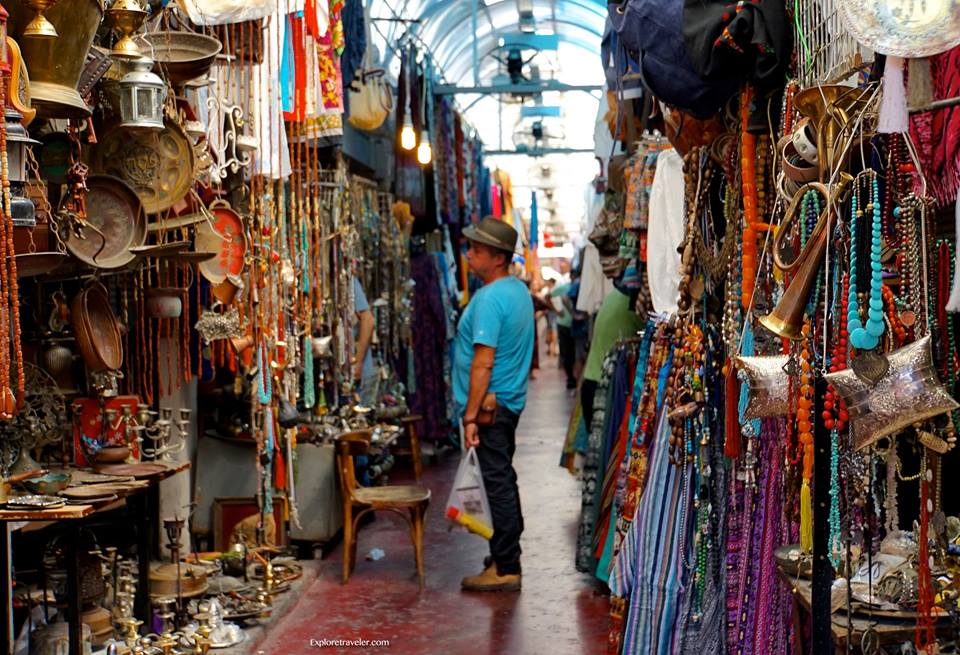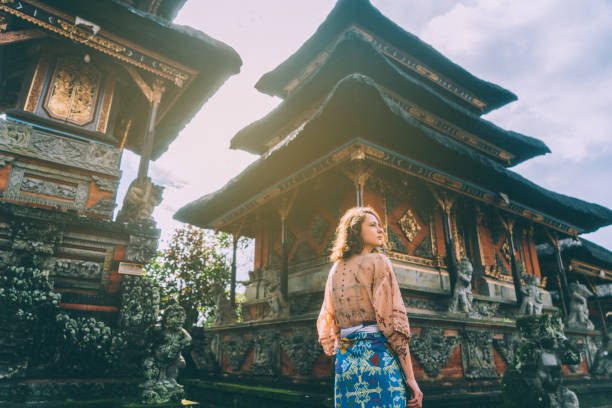
“Broad, wholesome, charitable views of men and things cannot be acquired by vegetating in one little corner of the earth all of one’s lifetime.” – Mark Twain
Are you a tourist or a traveler?
When traveling we need to understand the differences between being a tourist and being a traveler. Their intentions, expectations, and experiences are very different.
Here are some observations identifying a tourist.
Tourism is the more expensive form of travel, it involves staying in nicer hotels, where you can get Western amenities newspapers, western breakfast, and a concierge helping to lead you safely away from danger and sometimes your adventure. This type of holiday, although very relaxing and tremendously enjoyable, will disconnect you from where you are. You are provided with so many luxuries and home comforts, that you become completely oblivious to your location, you forget to soak in the feel, the smell, and the grit of where you are. You could go as far as to say that tourists will never absorb the true feel of a country the way a traveler would.

Now the traveler has more unique characteristics that one should know about to mimic when necessary. Since one can go too far in any direction and leave the security of safety far behind if not careful.
Here are a few perceptions distinguishing a Traveler.
– Dirty Clothes, vest, shirt, and no obvious clothing standard. They regularly wash materials in the shower, and resemble a bum or wanderer.
– Flip-flop shoes or exceptionally worn shoes/sandals.
– A rucksack with patches, and such demonstrating their ability to travel with less.
– A traveler’s camera and laptop are seldom seen. The absence of assets helps to prevent others from stealing from them.

– A traveler’s hair is frequently unkempt, and tangled, non-brushed hair or dreadlocks are utilized.
– No adornments, or whatever else that local people can get their hands on to offer to you
– Travelers have a decent propensity for failing to spend any cash by any stretch of the imagination. They will stay at a shoddy as-all-damnation explorers inn, free breakfast being an enormous offering point. They eat regularly one dinner brunch+dinner.
– They tend to be separated from everyone else. travelers live single, migrant lives outside the explorer’s lodge
– Ages are between the ages of 18 and 32 overall and are seldom married.
– They often also have no comprehension of the local tongue, but theywill try. The use of phrases such as ‘chicken please’, ‘I want lighter’, and ‘thank you’.
They often get it right since we think travel is to search for adventure, a traveler wants to be PART of the country he/she is visiting. You gain a special understanding and the most enjoyable experience from diving head first into a foreign country. One needs to consider what they want to accomplish, and what type of adventurer they want to be.
Certainly, let’s explore the distinctions between being an expatriate (expat) and the traditional perceptions of tourists and travelers.
Living as an expatriate involves a unique perspective that combines elements of both tourism and travel but extends far beyond the transient nature of traditional travel. Expatriates often find themselves residing in a foreign country for an extended period, which necessitates a different set of considerations and experiences.
Tourist Aspects for Expatriates: While expatriates are not tourists in the conventional sense, they may initially adopt some tourist-like behaviors. For instance, when they first arrive in a new country, expatriates might seek out familiar comforts and amenities, staying in well-equipped accommodations and relying on the expat-friendly services provided. This initial phase can be akin to the tourist experience, marked by a degree of detachment from the local environment.
Traveler Aspects for Expatriates: As expatriates settle into their new surroundings, they often transition into a more traveler-like mindset. Unlike tourists who may remain ensconced in luxury, expatriates are compelled to engage with the local community on a deeper level. They strive to understand the local culture, traditions, and language, aiming to integrate rather than merely observe. This immersion allows expatriates to form connections and gain a profound understanding of the country they now call home.
Distinct Characteristics of Expatriates:
- Integration into Local Culture: Expatriates actively seek to become a part of the local culture, forging friendships with locals, participating in community events, and embracing customs.
- Long-Term Commitment: Unlike travelers who move from one destination to another, expatriates commit to a more extended stay, often to build a life in the new country.
- Balancing Comfort and Adventure: Expatriates strike a balance between enjoying certain comforts to make daily life more manageable and seeking out adventurous experiences to enrich their understanding of the host country.
Challenges and Rewards of the Expat Lifestyle:
- Cultural Adjustment: Expatriates face the challenge of adapting to a new culture, but in doing so, they gain a profound understanding of cultural nuances and perspectives.
- Home Away from Home: Expatriates often create a sense of ‘home away from home’ by blending aspects of their own culture with the local environment, fostering a unique and personalized living experience.
In essence, being an expatriate involves a dynamic interplay between tourist and traveler mentalities, as individuals navigate the complexities of living in a foreign land, striving to make it a meaningful and enriching chapter of their lives.
We recommend being a combination of all three worlds, and by doing this you bring a piece of the place with you and will feel richer and more fulfilled. You will be able to authentically describe the country, its people, its food, and its landscapes with far more intricacy and passion. To be a tourist is to go on holiday, to be a traveler is to go on a journey, and to be an adventurer is to experience life in all aspects of the trip within the financial means you have to offer.
Happy Travels,



